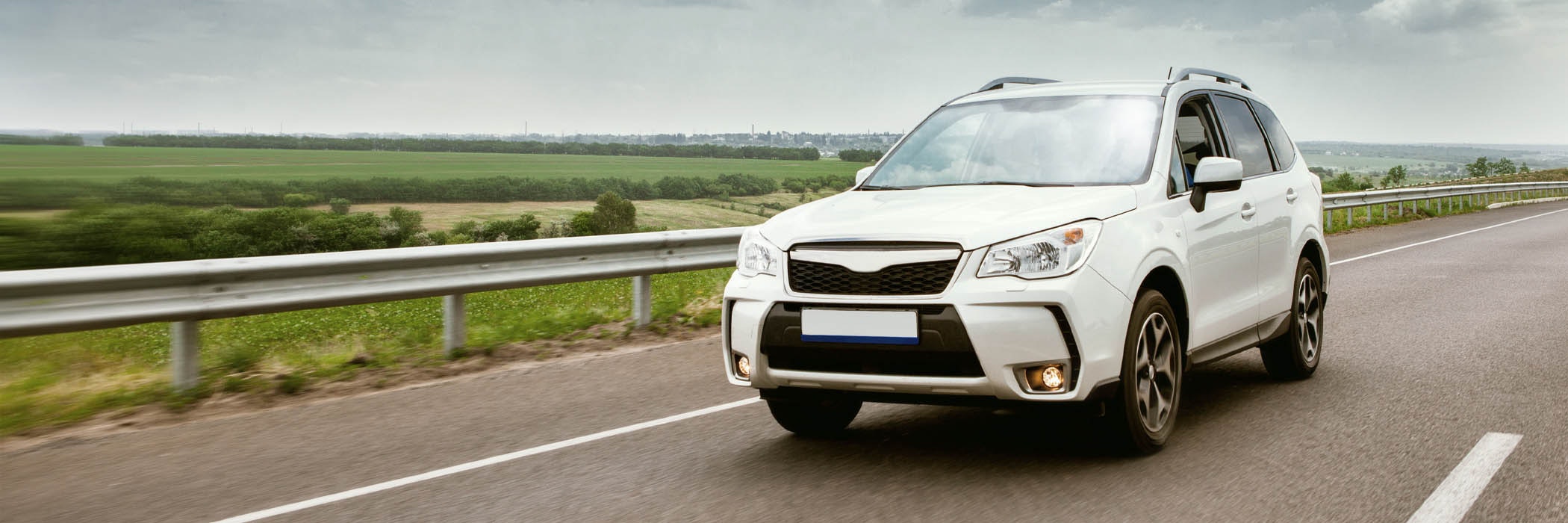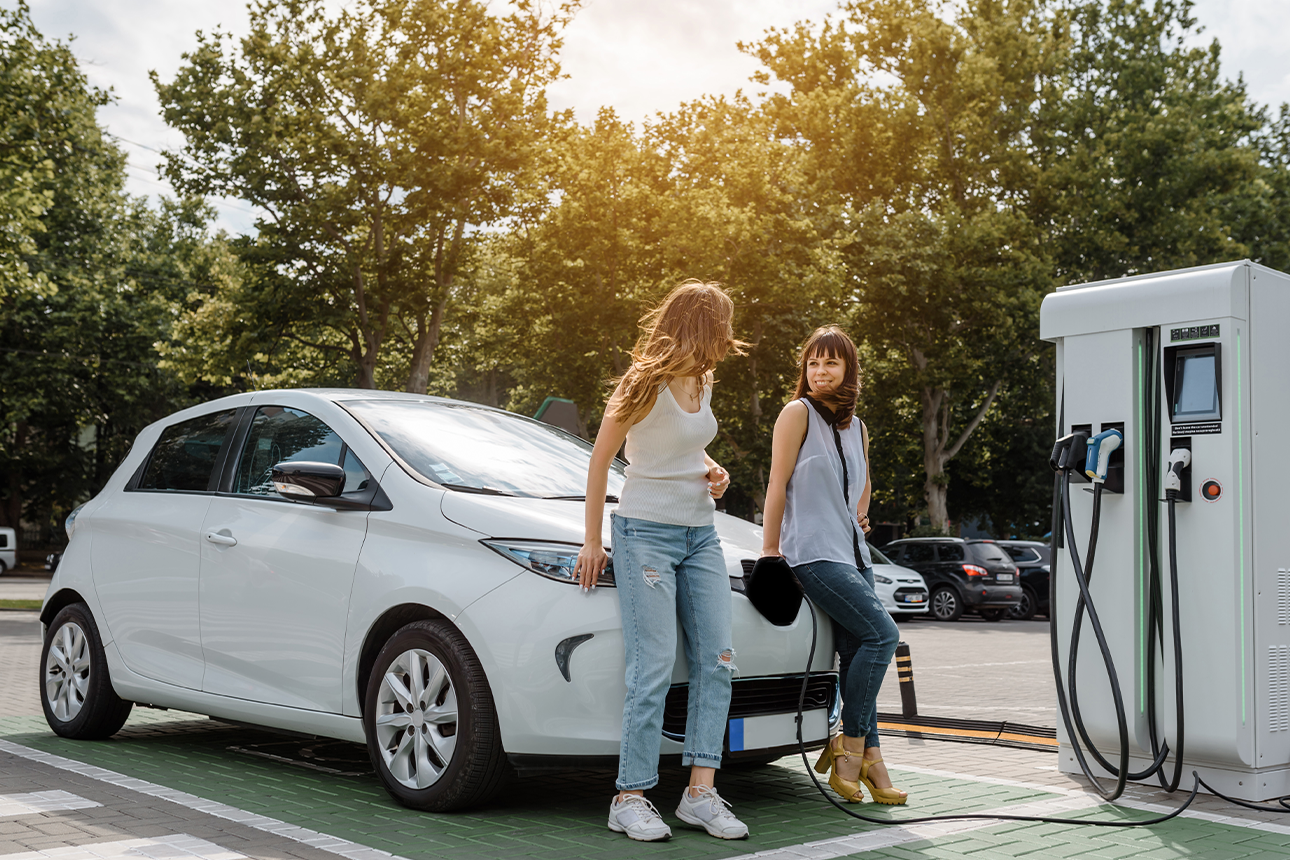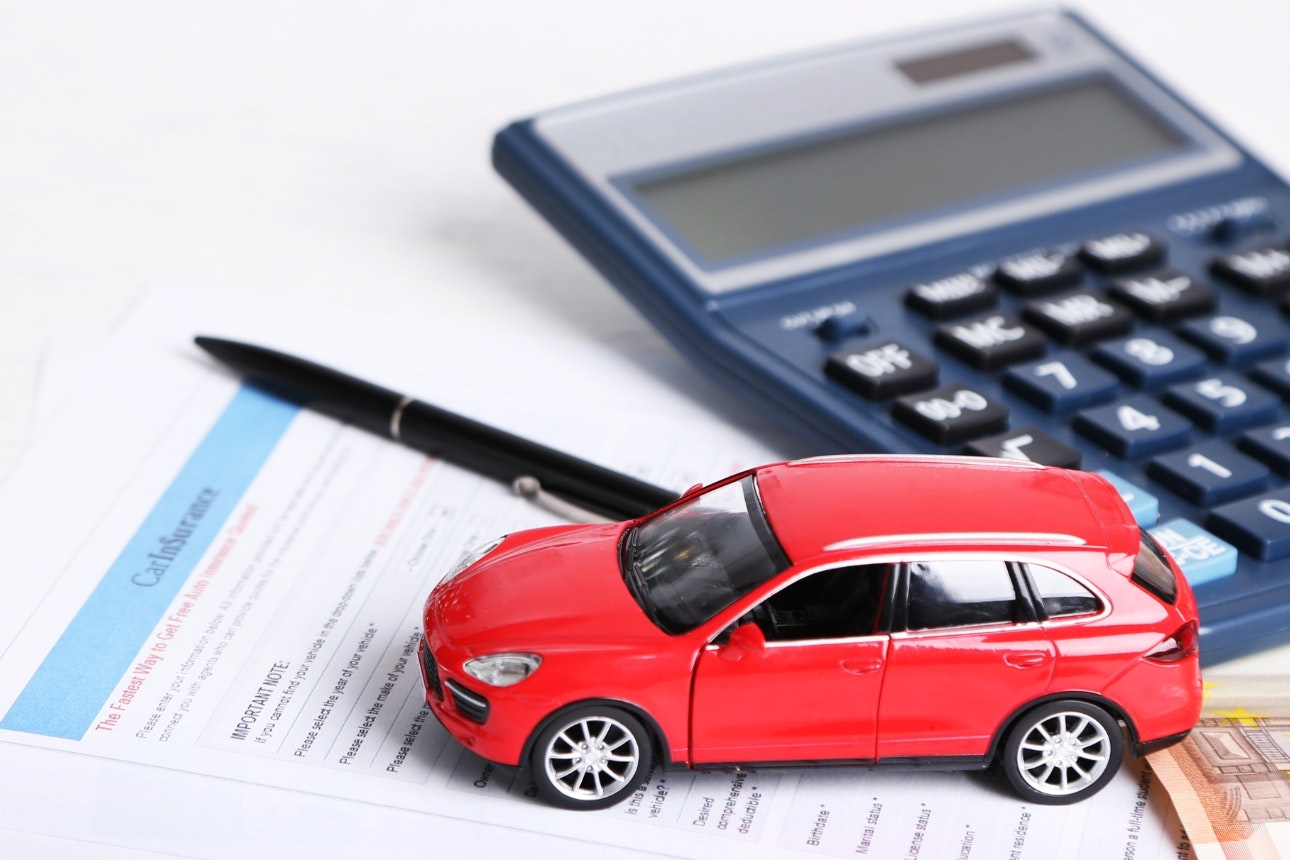
5 steps to buying a car
1. Choose a good make and model
Choose a more reliable model with highly satisfied owners. Don’t take the dealer’s word for it – search our database and tap into the experience of the owners of thousands of cars.
2. Choose new or used
Buying new has advantages: you get top-notch safety, modern equipment, a peace-of-mind warranty and low upkeep costs. But it comes at a cost, depreciating thousands of dollars the instant you take ownership.
Buying nearly new saves a tonne of depreciation and you still get most of the new-car benefits. Going older can save even more, but comes with increased risk.
The main goal is to avoid a lemon. Our advisers deal with hundreds of members with car trouble every year. Whether you choose new or used, follow our simple tips to avoid joining them.
3. Inspect and test drive
So you think you’ve found a good car? If possible, view and drive it before purchase using our used car checklist (99.7 KB) as a guide. Take someone with you to help.
For about $120, paying a specialist inspection service or a mechanic to do a detailed mechanical inspection is a good idea, especially if your test drive highlights possible problems.
4. Check the paperwork and finances
The car itself is only half the story. You need to check the paperwork for any used car, to make sure it’s the car you think it is.
With any loan offer, check the time to repay, the monthly payments and the total cost over the term of the loan. If the dealer offers an interest-free loan, check there aren’t any hidden fees and that the asking price of the car hasn’t been inflated to cover it.
If your new wheels replace an existing car, think about what to do with the old one: sell it to maximise financial gain or trade it in with minimal effort?
And what about depreciation? When you’re working out how affordable your new car is, looking at loan payments and running costs, it’s easy to overlook the substantial loss you’ll make when you sell it on.
5. When it goes wrong
Even following the best advice doesn’t guarantee you’ll get a sweet ride. Our guide will help if your dealer or private purchase goes wrong. We explain the responsibilities of the buyer and seller, how the Consumer Guarantees Act (CGA) applies to your purchase, your rights, and how to take a claim to the Motor Vehicle Disputes Tribunal.

Buying a car soon?
Our car reliability survey rated 70+ models and revealed the most reliable cars to own. Don't waste money on a lemon.







